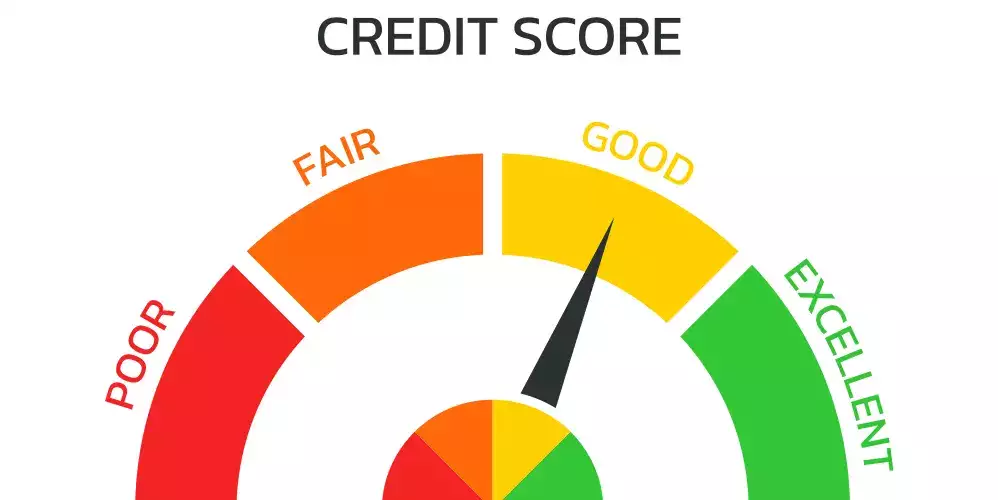CIBIL Score vs CIBIL Report: Understanding the Key Differences
Creditworthiness is a crucial factor that lenders in India consider when evaluating loan applications. Two important components of this assessment are the CIBIL score and the CIBIL report. In this article, we will provide a clear distinction between these two and highlight their significance in the lending process.
First, let’s talk about the CIBIL score. It is a numerical representation, ranging from 300 to 900, that reflects an individual’s creditworthiness. Lenders or lending institutions utilize this score for swift credit risk evaluation. The CIBIL score serves as a quick reference point for lenders, helping them assess an applicant’s credit risk. It has a direct impact on lending decisions, influencing interest rates, credit limits, and the approval or decline of loan applications and credit card requests.
On the other hand, the CIBIL report offers a more detailed record of an individual’s credit history and overall financial behavior. Lenders use this report to gain comprehensive insights for meticulous credit assessment. Unlike the CIBIL score, the CIBIL report provides a thorough background for lenders, enabling them to make a meticulous evaluation of an applicant’s creditworthiness and financial responsibility. The report plays a significant role in lending decisions as it offers detailed insights into an individual’s financial behavior and credit management skills, guiding lenders to make well-informed decisions when extending credit.
To provide a clearer comparison, here is a table summarizing the differences between the CIBIL score and the CIBIL report:
Aspect CIBIL Score CIBIL Report
———————————————————————————————————————-
Nature of Information A numerical representation A detailed record of credit history and
(ranging from 300 to 900) financial behavior
Usage by Lenders Used by lenders Offers comprehensive insights for meticulous
for swift credit risk credit assessment
evaluation
Purpose Serves as a quick Provides a thorough background for lenders,
reference point for enabling meticulous evaluation
lenders to assess an
applicant’s credit risk
Impact on Lending Affects interest rates, credit Provides detailed insights into financial behavior
Decisions limits, and the approval and credit management skills, guiding
or denial of loan informed lending decisions
and credit card
applications
In conclusion, the CIBIL score provides a concise numerical representation of creditworthiness, while the CIBIL report offers a comprehensive view of an individual’s credit history and financial behavior. Both factors are essential for maintaining a healthy financial profile and making informed decisions about credit management. Regularly checking your CIBIL report can help identify errors, monitor credit behavior, and take steps to improve your credit score, ultimately enhancing your financial well-being.

I have over 10 years of experience in the cryptocurrency industry and I have been on the list of the top authors on LinkedIn for the past 5 years.

